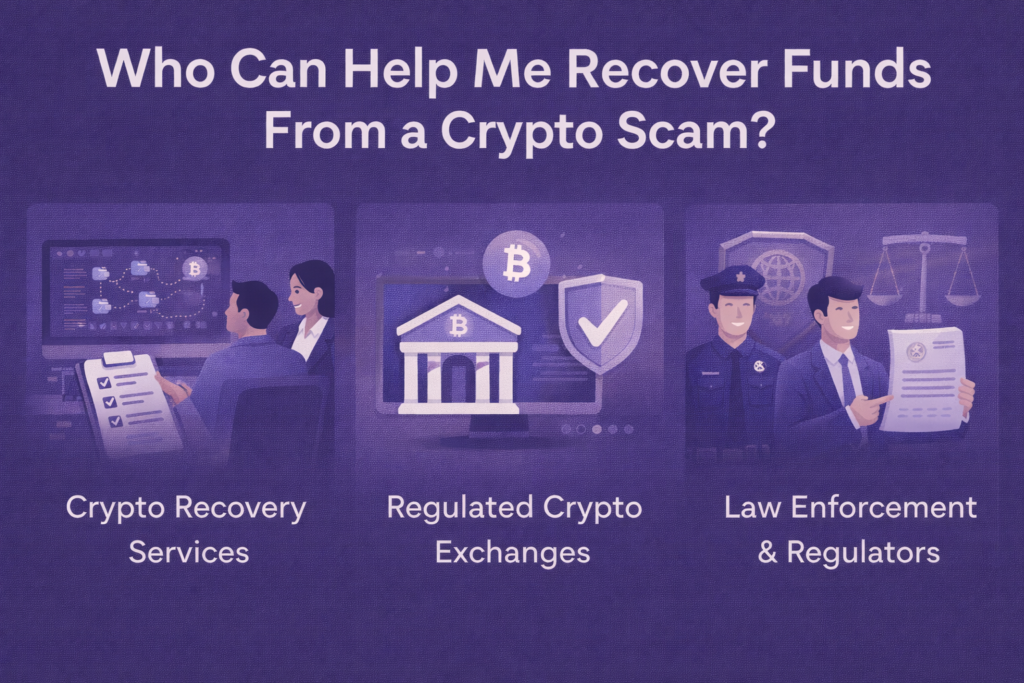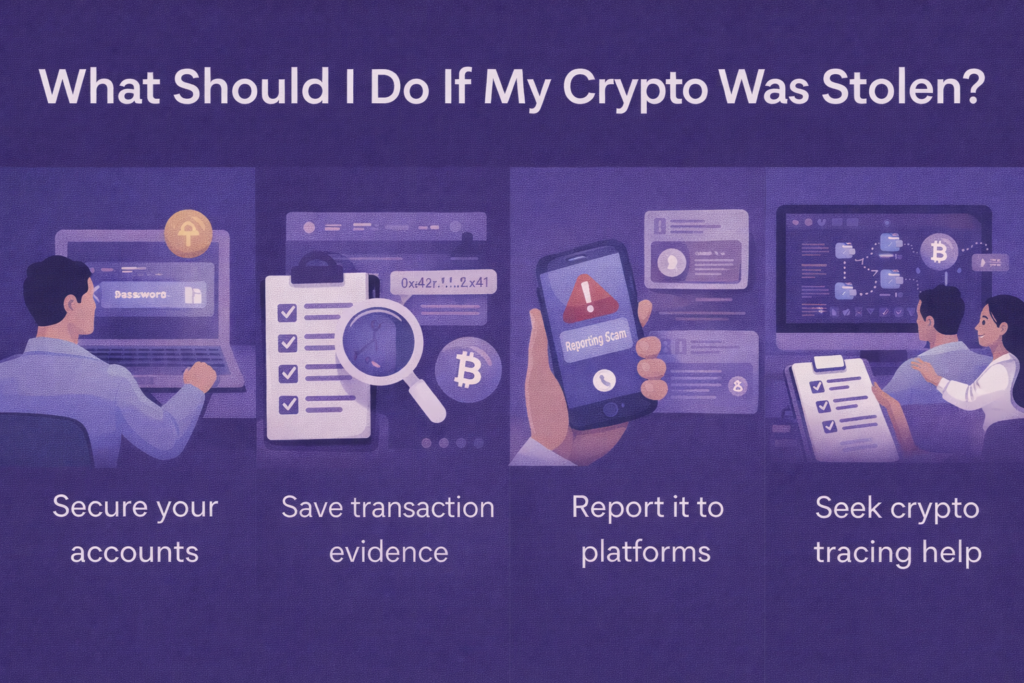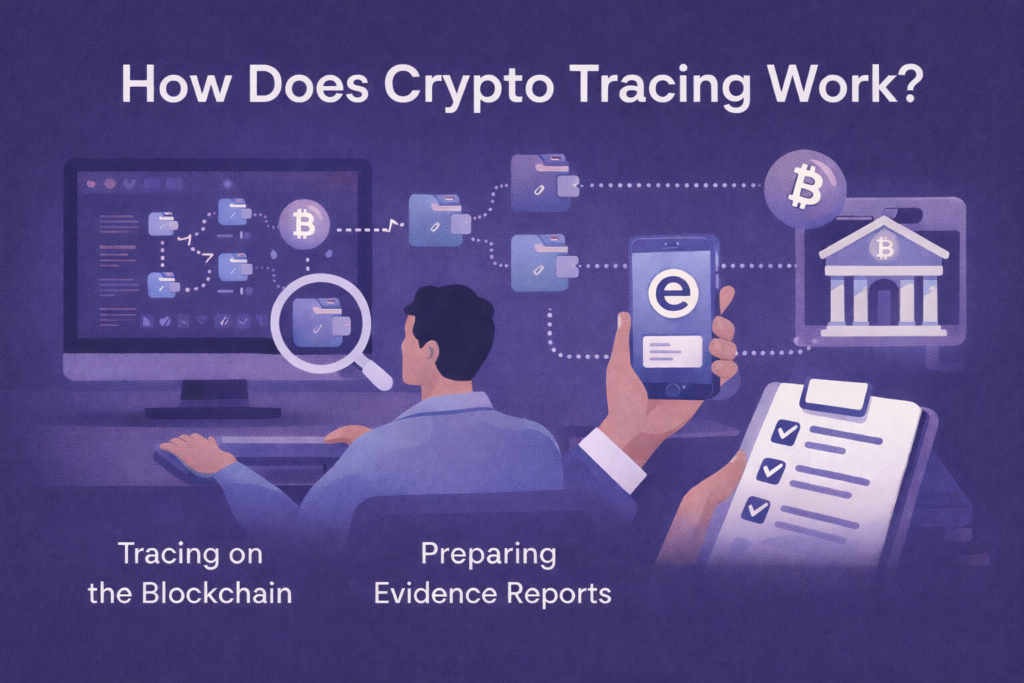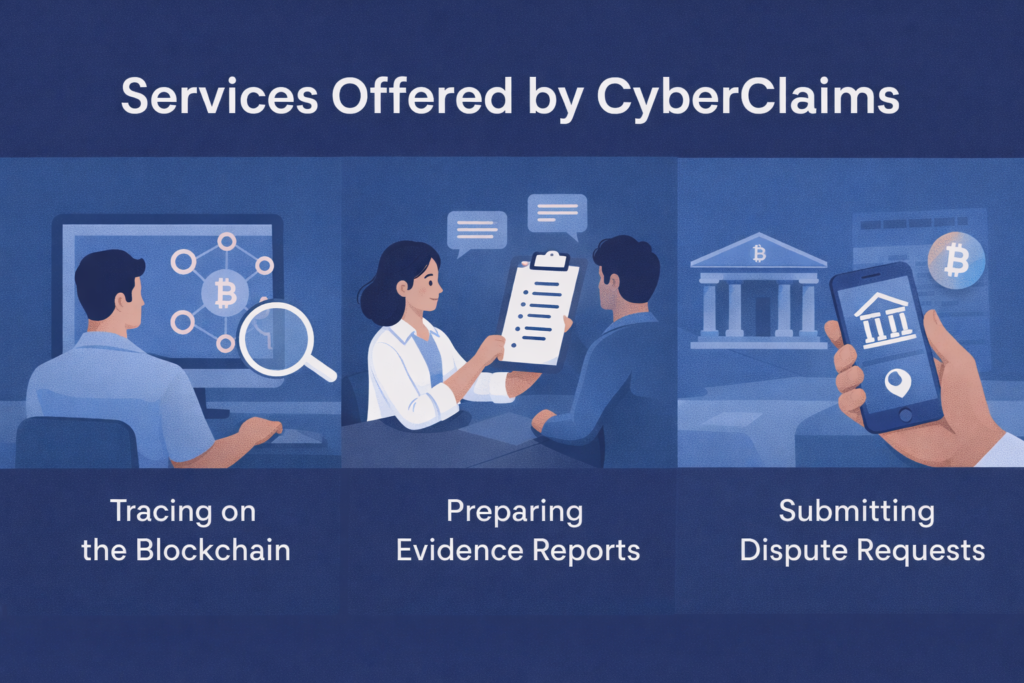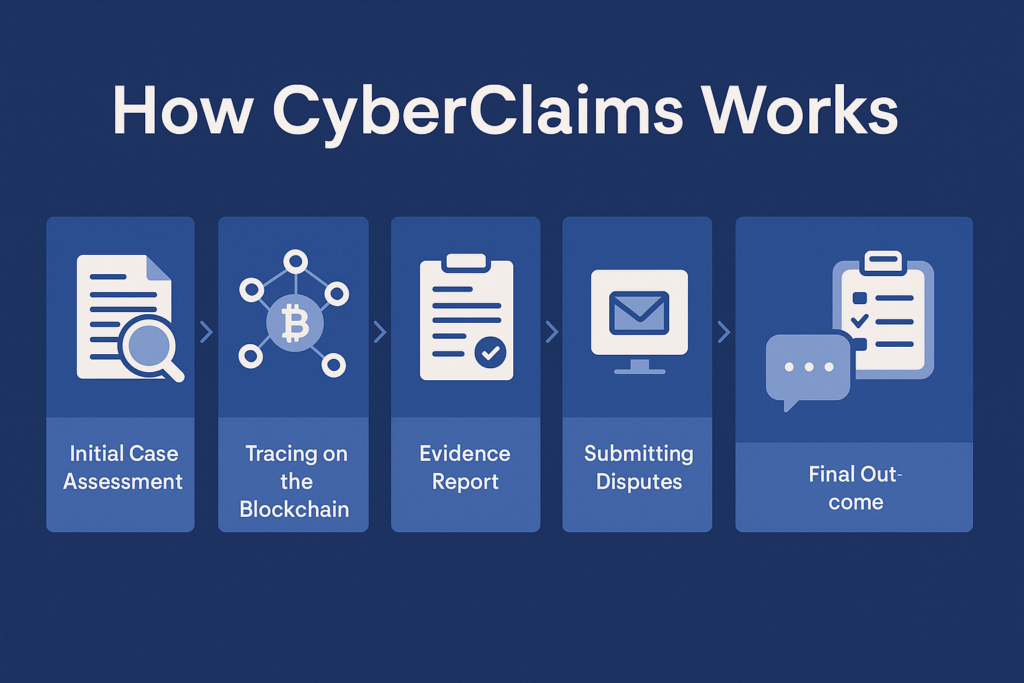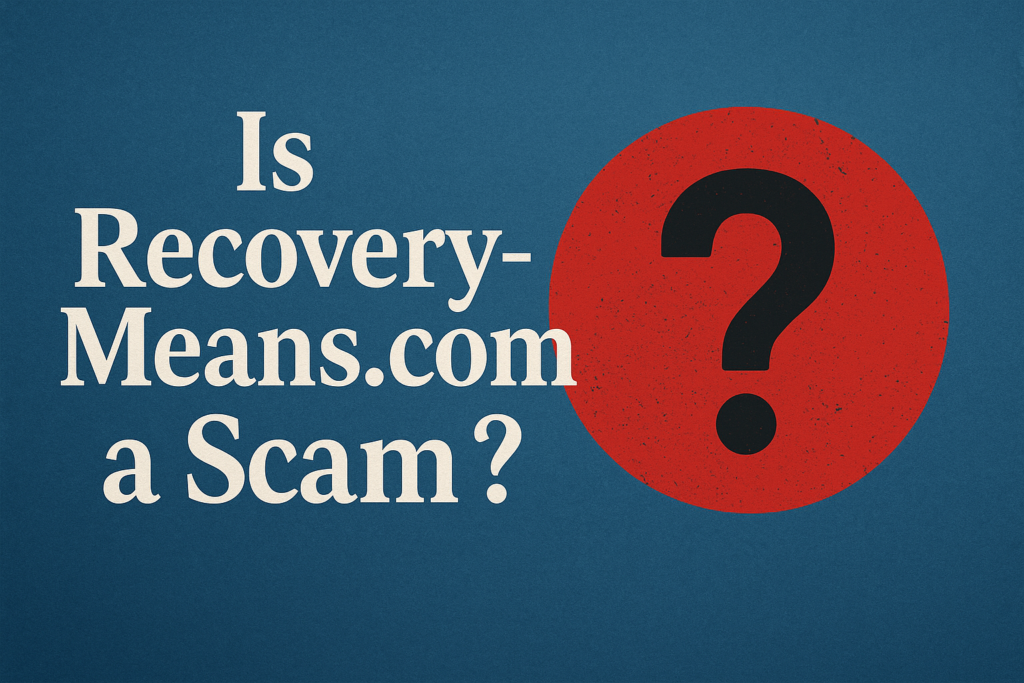Europe remains one of the most active regions for cryptocurrency adoption — and, unfortunately, one of the most targeted by online fraud networks.
In 2025, cybercriminals are shifting their focus across borders, exploiting regional regulations and language barriers to deceive investors.
CyberClaims has tracked thousands of reports from victims across the EU and the UK, identifying where scams are most concentrated and how they operate differently from country to country.
The United Kingdom: Deepfake Endorsements and Telegram Trading Groups
The UK continues to be one of the top targets for crypto fraud.
Scammers often use deepfake advertisements on Facebook, Instagram and YouTube featuring fake celebrity endorsements from well-known British figures such as Martin Lewis or Richard Branson.
These ads lead to fake investment platforms promising daily profits or “AI-managed trading bots.” Once deposits are made, withdrawals are blocked and the websites disappear.
A growing trend in 2025 involves Telegram trading groups. Fraudsters create communities that appear full of real traders, using bots to post screenshots of “successful trades.” Victims are later directed to private brokers that vanish once funds are transferred.
Most common scams in the UK:
- Fake celebrity investment ads
- Telegram group trading bots
- Recovery agent scams claiming to retrieve lost funds
Germany: Phishing Exchanges and Fake Wallet Apps
Germany has become a hotspot for fake exchange domains and wallet drainers, often written in perfect German to appear local.
Scammers register websites mimicking trusted exchanges like Kraken or Bitpanda, using domain names with small letter changes or added words such as secure or verify.
In many cases, users receive phishing emails that appear to come from financial institutions warning them of “unauthorized logins.” Clicking the link leads to a cloned login page that captures credentials or wallet keys.
Germany also faces an increase in malicious Android wallet apps uploaded to third-party stores, draining users’ funds immediately after setup.
Most common scams in Germany:
- Fake exchange websites using .de domains
- Phishing emails mimicking local banks
- Wallet drainer apps posing as official updates
Italy: Romance and Investment Hybrids
Italy shows one of the fastest-growing overlaps between romance scams and crypto investments.
Victims are contacted via dating apps, WhatsApp or Instagram, often by profiles claiming to be successful traders living abroad. After weeks of emotional grooming, the scammer introduces a “secure trading platform” that looks professional and shows fake profits.
Many of these sites are translated into fluent Italian and use local payment gateways for deposits. Once victims try to withdraw, the site demands additional fees or “tax payments.”
Most common scams in Italy:
- Pig-butchering (romance-investment hybrid) scams
- Fake local brokers using Italian payment systems
- Imitation recovery services
France: Impersonation of Financial Regulators
In France, a sophisticated wave of scams involves impersonation of the Autorité des Marchés Financiers (AMF) and other official regulators.
Fraudsters send emails or letters claiming to be “regulatory investigators” offering to recover lost investments or assist in fraud cases — but only after the victim pays an “administrative fee.”
Others create entire websites mimicking the AMF domain with official-looking logos and certificates.
Most common scams in France:
- Fake AMF and regulator impersonation
- “Recovery services” asking for fees
- Deceptive trading app promotions
Spain: Social Media Investment Hoaxes
Spain’s younger crypto community has become a prime target for Instagram and TikTok investment hoaxes.
Scammers promote “exclusive Spanish crypto projects” using influencers and paid ads.
Victims are told to “invest early” or “join private Telegram groups” to access presale tokens. Once the hype fades, both the website and influencer accounts vanish.
Spanish victims also report rising cases of fake mining contracts promoted through WhatsApp chains and crypto discussion groups.
Most common scams in Spain:
- Fake presale tokens
- Influencer-promoted investments
- Fraudulent mining contracts
Eastern Europe: High-Yield Fraud and Recovery Scams
Countries such as Poland, Romania and Bulgaria are increasingly targeted with high-yield DeFi investments promising daily or weekly profits. Many of these scams operate from servers in Asia but use local payment processors and support agents to appear regional.
Additionally, fake recovery firms have become a growing threat, companies that promise to help victims recover funds for a “service fee” and then disappear.
Most common scams in Eastern Europe:
- High-yield investment frauds
- Recovery company scams
- DeFi token presales without real liquidity
How Scammers Exploit Borders
Crypto scams move faster than international law.
Criminals deliberately host websites in one country, register companies in another, and target victims in a third. This multi-country setup makes traditional enforcement slow and confusing.
Dispute resolution steps in where cross-border legal systems fail. CyberClaims uses blockchain forensics and financial compliance channels to trace where funds were sent, regardless of where the scammer is located.
Protecting Yourself Across Europe
- Always verify exchange domains and contact details.
- Avoid clicking ads or Telegram links for investments.
- Never pay “tax” or “verification” fees to withdraw funds.
- Report suspicious sites to your national financial regulator.
- If scammed, act immediately and document everything.
CyberClaims: European Coverage, Global Expertise
CyberClaims operates across Europe, helping victims trace transactions, contact payment processors and submit regulatory disputes.
Our multilingual team handles cases in English, Italian, German, French and Spanish, ensuring your case is presented clearly to the right authorities.
If you are based in Europe and believe you have fallen victim to a crypto scam, contact CyberClaims today for a free consultation. Acting quickly gives the best chance of recovering your funds.

